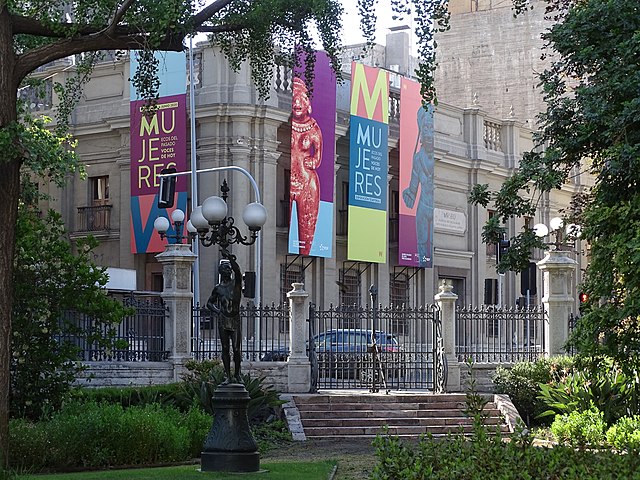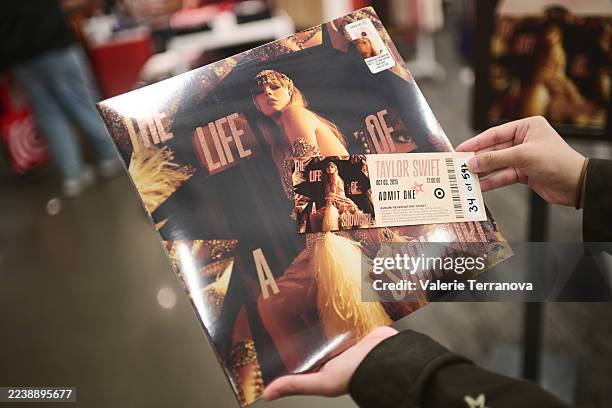As we contemplate museums’ historical role, we must address a crucial ethical dilemma: Should museums return stolen artifacts to their countries of origin? Despite being hailed as preservers of human history and culture, museums have a dark past of exploitation and theft from their colonial eras. The ongoing debate about the ethics of keeping stolen items draws attention to the grave injustice that continues to stain these institutions.
The fact that organizations, often backed by their colonial power, can take cultural treasures, and then impose unfair deals or conditional returns is deeply troubling. Recent legislative actions and activist movements have brought this issue to the forefront. Keeping these artifacts is not just about preserving history, it is about perpetuating historical injustices and denying the cultural and historical rights of their rightful owners. Countries like the Netherlands and France are setting a commendable example by taking steps to return these artifacts. France’s 2020 legislation to return items from the Quai Branly Museum to Benin represents a crucial shift towards acknowledging and rectifying past wrongs.
However, the British Museum, often seen as a symbol of resistance to repatriation, demonstrates a troubling reluctance to address this issue fully. The museum’s temporary loan of artifacts to Ghana instead of permanent repatriation emphasizes a broader, unsettling pattern of colonial powers maintaining control over objects that rightly belong elsewhere. This stance is not just about artifacts, it is about a persistent refusal to confront and redress the colonial legacies entrenched in these institutions.
Critics rightly argue that by retaining these artifacts, museums are not just preserving history but are also acting as gatekeepers of a narrative that favors their colonial past. Returning these artifacts is not merely an act of restitution but a symbolic step towards acknowledging historical injustices and committing to a more equitable future. Museums have a responsibility not only to display these items but also to support the preservation and presentation of cultural heritage in their places of origin. Their role should extend beyond mere custodianship to active participation in the cultural revitalization of the nations from which these treasures originated.
The restitution of looted artifacts is not just a legal or logistical challenge but a profound moral imperative. It demands a reconsideration of museums’ roles in shaping historical narratives and a commitment to confronting the ongoing impact of colonialism. By returning these artifacts, museums would not only address historical wrongs but also demonstrate a genuine commitment to justice and cultural equity, paving the way for a more inclusive and respectful global heritage.


















